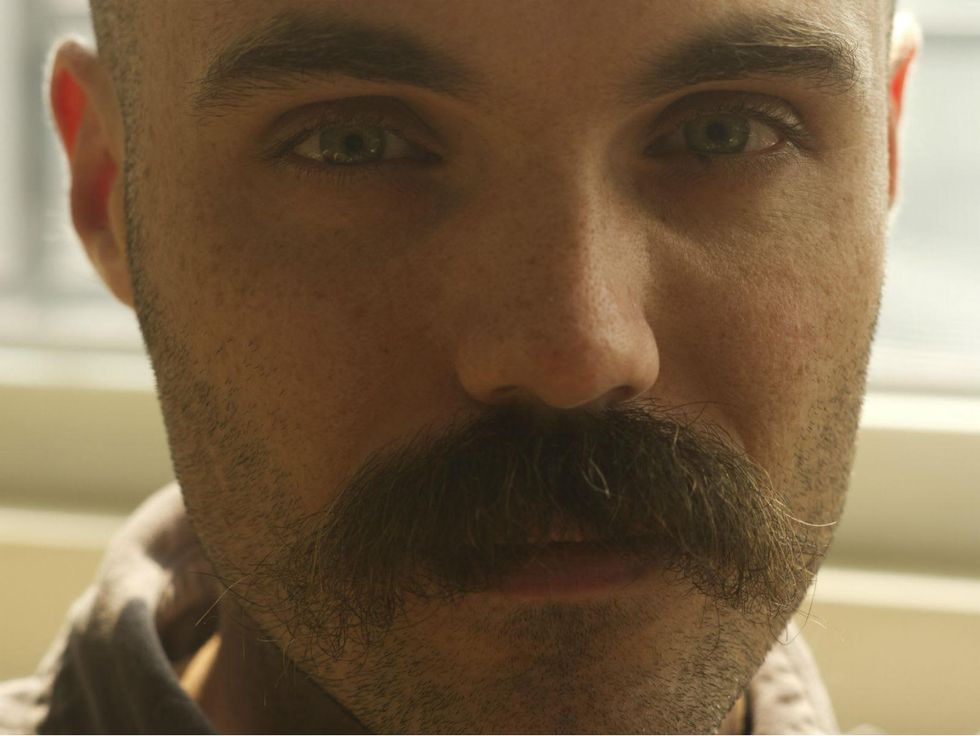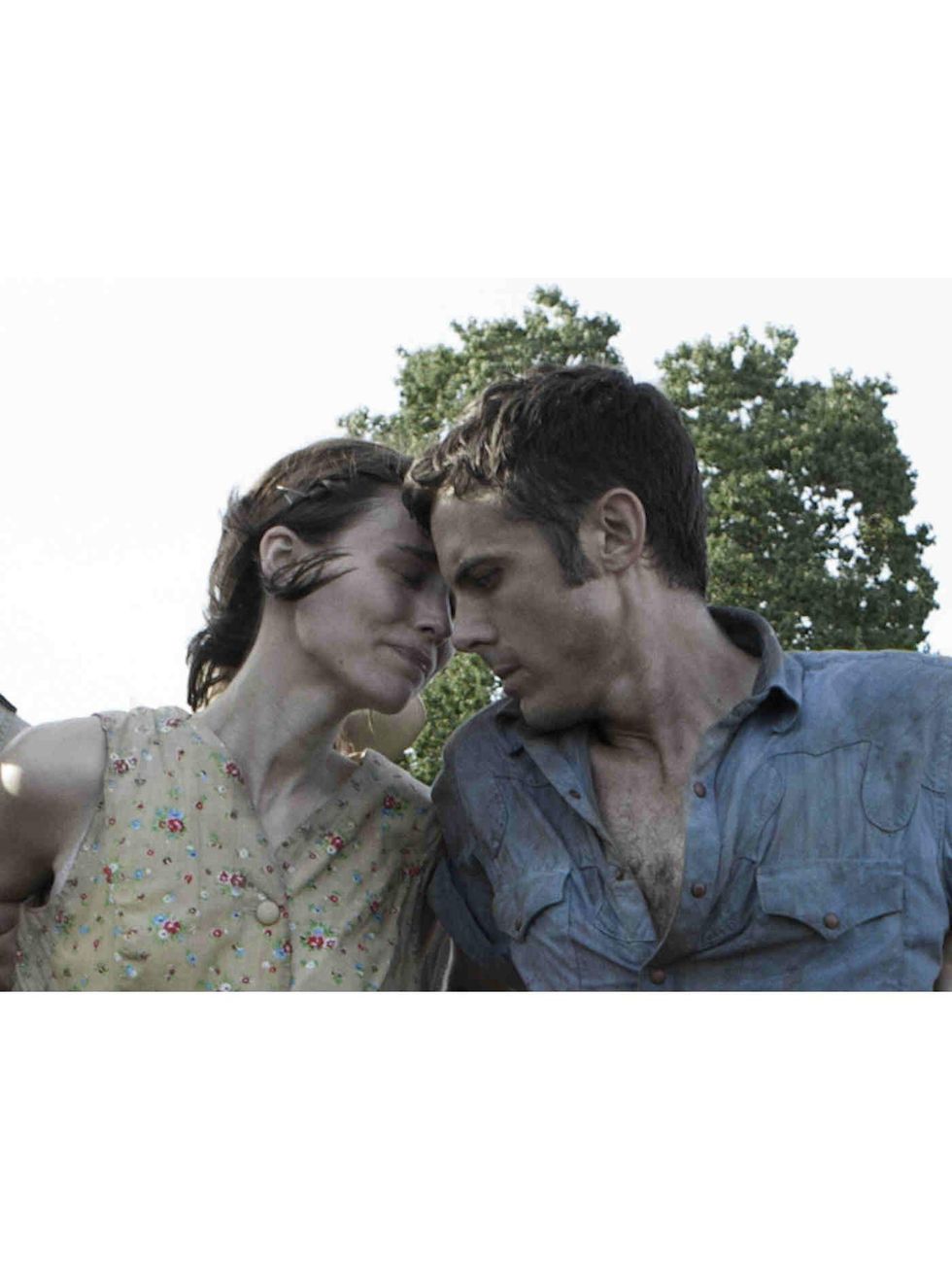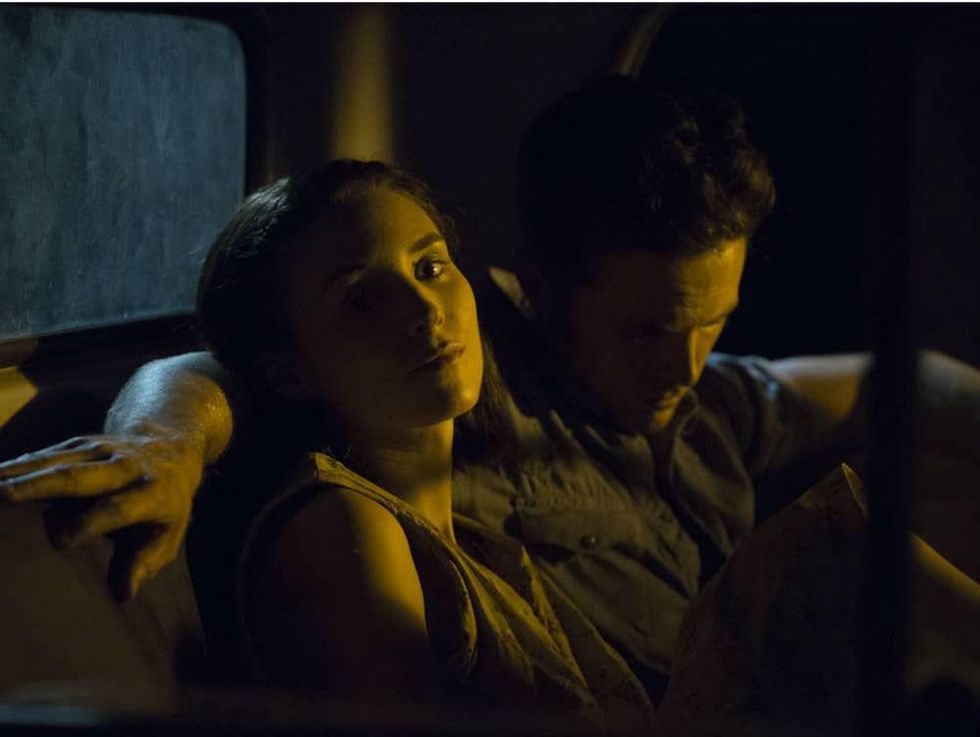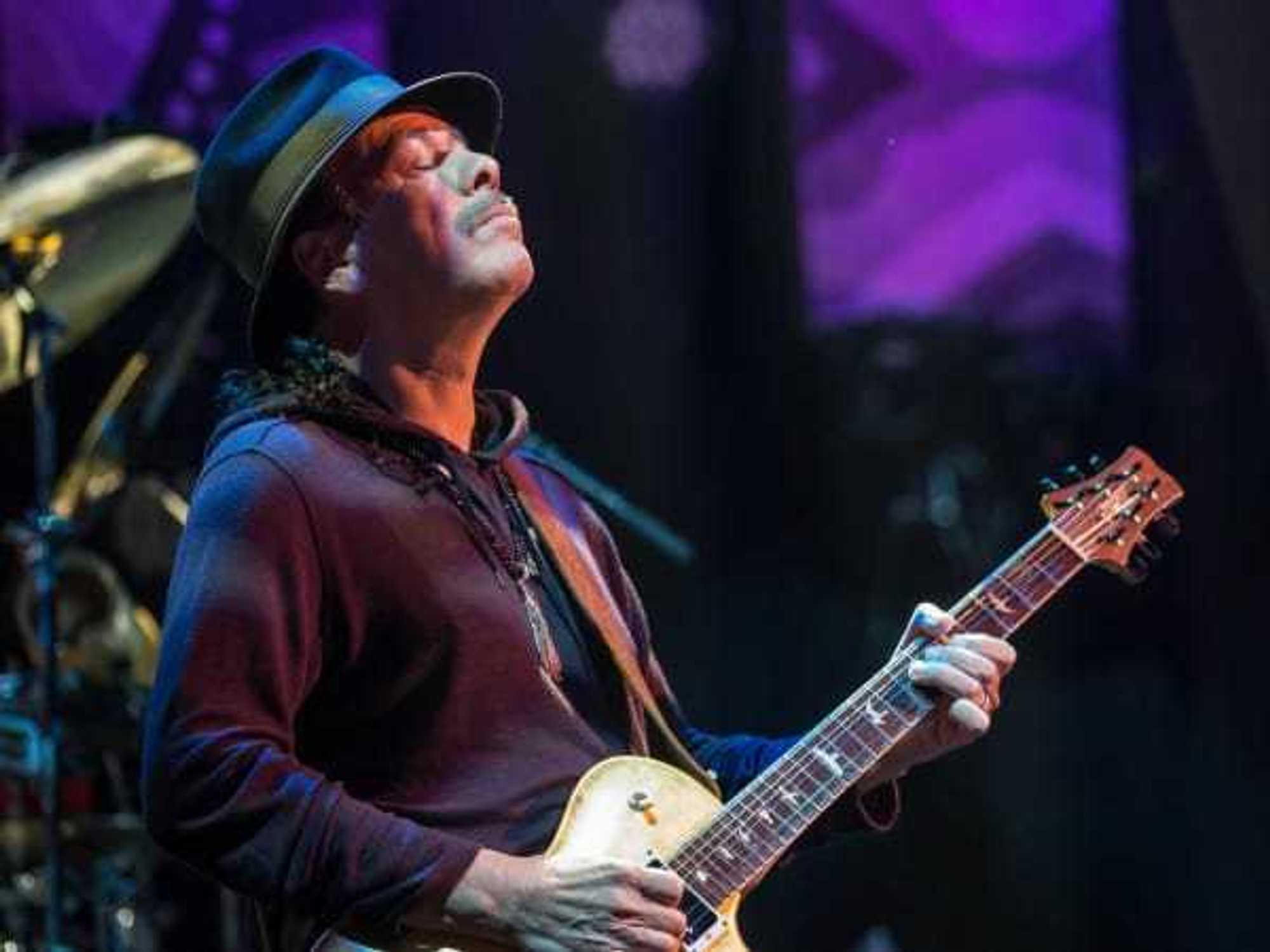Movie Insight
Dallas filmmaker David Lowery on oddly titled but buzzy Ain't Them Bodies Saints
Dallas writer/director David Lowery's sophomore feature film, Ain't Them Bodies Saints, has gotten buzz almost from the moment it was announced.
Featuring an enviable cast of young actors on the rise, it played to strong reception at the Sundance Film Festival and, not so secretly, the Oak Cliff Film Festival. With the film set to open August 23, we sat down with Lowery to talk about the film, his influences and how he got all those hot young stars.
CultureMap: You've stated that you took some inspiration for Ain't Them Bodies Saints from McCabe and Mrs. Miller. What else made you come up with this specific story?
"The movie is all about aftermath and the gradual decay of what was once a great and wondrous thing," Lowery says.
David Lowery: It was really a confluence of different things. I really wanted make a film that kind of participated in the same strain of filmmaking that McCabe and Mrs. Miller and Thieves Like Us and Bonnie and Clyde and Badlands all participated in, which is sort of a riff on classic outlaw mythology and outlaw archetypes. That’s a huge part of American culture that’s always been very fascinating to me, and I wanted to make a movie that functioned in that wheelhouse.
I wanted to do something that was ... familiar in a good way, almost in a comforting way, to where you know you’re going to see this movie and it’s going to play out in a certain way, because that’s the way these stories always go. And then you can find surprising elements and pull from other things other than the plot, such as how you shoot it or the way it’s edited or the music or just the way you deal with certain scenes.
CM: Most of the film takes place after the crime that Bob and Ruth commit; you barely even see the crime. Why focus on the aftermath instead of the time leading up to the crime?
DL: I liked the idea of just dealing with the consequence a lot. I wanted to do something that didn’t have any sort of necessary urgency to it. I didn’t want a story that was building to a climax. I wanted a story that was all about the fallout and about things just trailing off and disappearing.
The movie is all about aftermath and the gradual decay of what was once a great and wondrous thing, which is this couple who made their own way and broke the rules and got away with it for a while, and then one day didn’t. I love the idea of luxuriating in that aftermath.
CM: You chose to set the film in the '70s. Is your inspiration from '70s films why you chose that time period?
DL: It was partially that, and also because I didn’t want the film to feel modern in any way. If you take it back to the '70s, you’re automatically getting rid of cell phones and computers and anything that would give it any sort of immediate currency. It gave us the freedom to sort of make the movie feel even older.
CM: Along those lines, the period details were great. How difficult is it to gather stuff together like that?
DL: It’s as difficult for me as finding an amazing production designer. Luckily, Jade Healy, who did that, is one of my best friends, and she was the second person to read the script. She’s one of those collaborators that I will share something with at a very early point. I just trusted her to pull it off, and I don’t know how she found all that stuff.
I remember going back in our production office into the prop room and seeing all the new stuff that she’d found. [Keith Carradine’s character’s store] was built from scratch; it was just an empty shed. I don’t where she got all that stuff, but it was outstanding. It was a such a wonderful world that she’d built.
CM: You have kind of a dream cast of young actors – Rooney Mara, Casey Affleck, Ben Foster and Nate Parker. What was your pitch to them, and how difficult was it to get them to sign on?
DL: It was shockingly easy, and in the case of Casey and Rooney and Ben, they were all my first choices. Rooney is the only actress who read the script, and I felt that if she said no, I would just go find some unknown actress who’s never been in anything before. But she said yes.
She read the script, I sat down with her and we talked. I gave her my short film, Pioneer, which I think is a good short film, and I think between the two of those, she felt she could trust me. I met her the week she got her Oscar nomination (for The Girl with the Dragon Tattoo). I was like, “There’s no way she’s ever going to say yes to this movie, or even read it.” But she absolutely did.
And with Casey, he was the first person I went in to meet with about Bob, and I immediately knew that he was the right guy for it. I had never met a “celebrity” at that point in my life in a casual setting like that. I was nervous waiting for him to get there, but once we sat down, we were just chatting like two people who liked the same things and spoke the same language.
CM: So the title doesn't seem to have anything to do with the film ...
DL: It exists as the title of the movie, but it’s not part of the movie. My hope with it was that is something that you would just kind of file away in the back of your mind as you start to watch the movie, but that it sort of somehow prepares you for the type of movie it’s going to be.
The story is, now that Casey has shared it on The Tonight Show and it’s gone kind of into minor legend, is that it’s the misheard lyrics of an old country song, which is true, but that happened way before this movie ever existed. The title has been something floating around in my head for a long time; it’s just a phrase that I liked.



